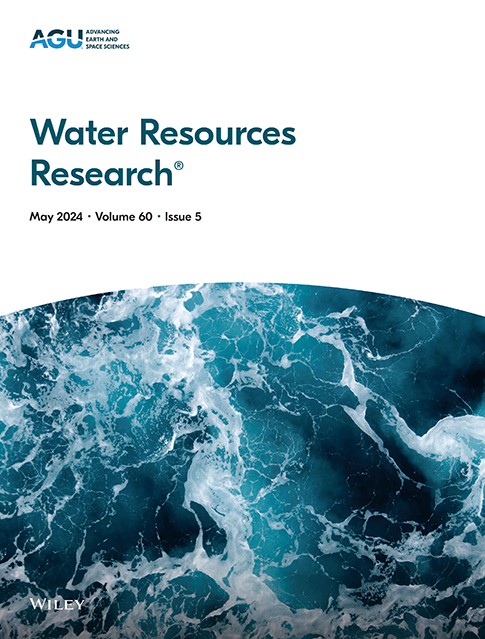Reducing Flood Insurance Costs by Employing Geographic Risk Complementarity
IF 4.6
1区 地球科学
Q2 ENVIRONMENTAL SCIENCES
引用次数: 0
Abstract
Flood insurance is an important financial measure for flood risk management. However, a significant protection gap in flood insurance exists in many countries due to high flood insurance costs. Reducing flood insurance costs for both policyholders and insurance companies is crucial for implementing flood insurance. This study introduces the concept of geographic complementarity of flood risk to reduce overall insurance costs and allocate individual premiums via the portfolio theory and the cooperative game theory. Furthermore, we introduce expected utility theory to verify the effectiveness of reduced costs on individual willingness to pay (WTP) for flood insurance. The proposed approach is illustrated in China. The results show that there are low correlation coefficients of flood losses across different regions in China, indicating high geographic risk complementarity. Compared with independent insurance in each province, national flood insurance can reduce total premiums by 15.5% and total risk reserves by 62.7%, as well as increasing WTP rates from 12.4% to 23.6%. The provinces of the Coastland River Basin show the greatest decrease in premiums when pooling regional or national flood risk, compared with purchasing insurance by provinces separately. In summary, geographic complementarity in flood risk has significant effects on flood insurance costs and WTP rates, implying that China has great potential to employ this characteristic to implement a national or cross-provincial flood insurance program. Furthermore, the proposed comprehensive approach can also offer new insights for enhancing catastrophe insurance affordability in more countries.洪水保险是洪水风险管理的一项重要金融措施。然而,由于洪水保险费用高昂,许多国家的洪水保险存在巨大的保障缺口。降低投保人和保险公司的洪水保险成本对于洪水保险的实施至关重要。本研究引入了洪水风险的地域互补性概念,通过投资组合理论和合作博弈理论来降低总体保险成本和分配个人保费。此外,我们还引入了预期效用理论来验证降低成本对个人洪水保险支付意愿(WTP)的影响。我们以中国为例说明了所提出的方法。结果表明,中国不同地区洪灾损失的相关系数较低,表明地域风险互补性较强。与各省独立投保相比,全国洪水保险可使总保费降低 15.5%,总风险准备金降低 62.7%,WTP 率从 12.4%提高到 23.6%。与各省单独购买保险相比,海岸带河流流域各省在汇集地区或全国洪水风险时保费下降幅度最大。总之,洪水风险的地域互补性对洪水保险成本和WTP率有显著影响,这意味着中国利用这一特点实施全国性或跨省洪水保险项目具有巨大潜力。此外,所提出的综合方法还能为更多国家提高巨灾保险的可负担性提供新的启示。
本文章由计算机程序翻译,如有差异,请以英文原文为准。
求助全文
约1分钟内获得全文
求助全文
来源期刊

Water Resources Research
环境科学-湖沼学
CiteScore
8.80
自引率
13.00%
发文量
599
审稿时长
3.5 months
期刊介绍:
Water Resources Research (WRR) is an interdisciplinary journal that focuses on hydrology and water resources. It publishes original research in the natural and social sciences of water. It emphasizes the role of water in the Earth system, including physical, chemical, biological, and ecological processes in water resources research and management, including social, policy, and public health implications. It encompasses observational, experimental, theoretical, analytical, numerical, and data-driven approaches that advance the science of water and its management. Submissions are evaluated for their novelty, accuracy, significance, and broader implications of the findings.
 求助内容:
求助内容: 应助结果提醒方式:
应助结果提醒方式:


